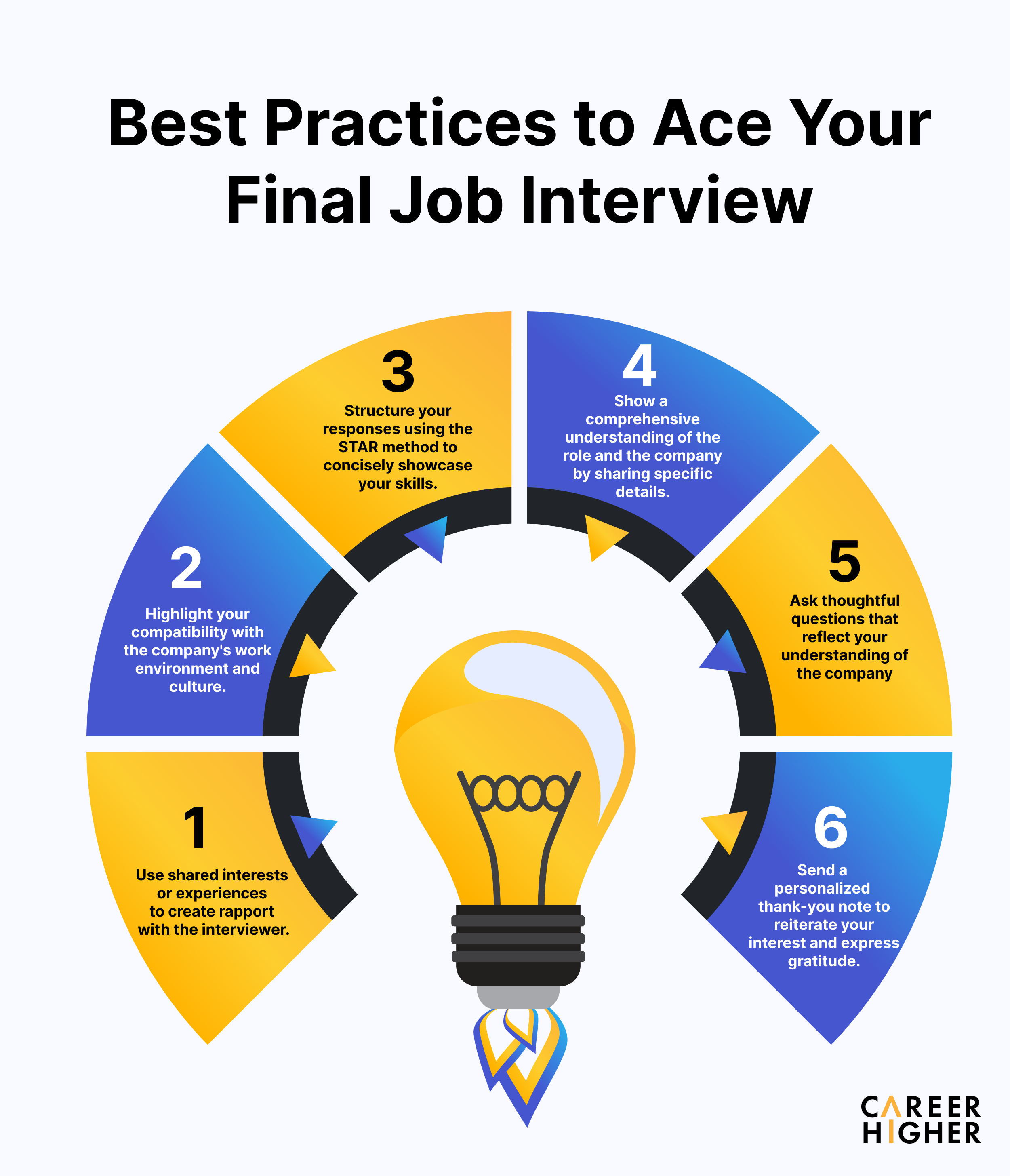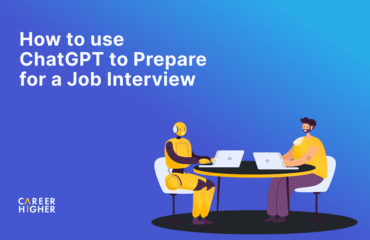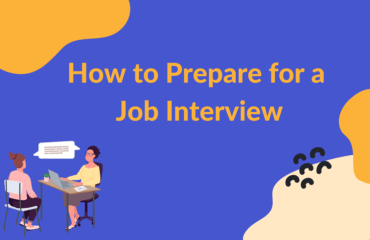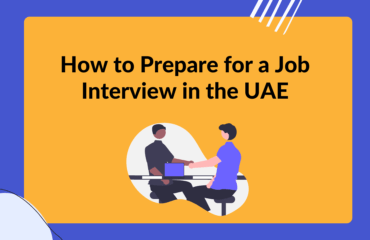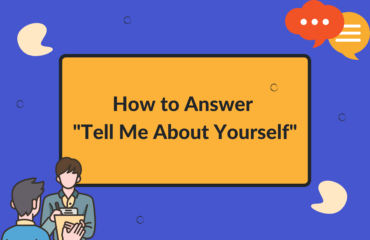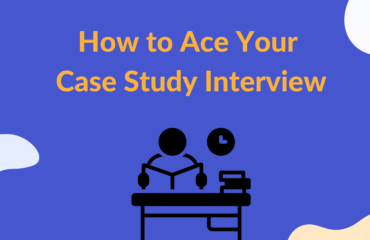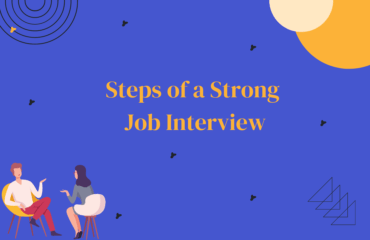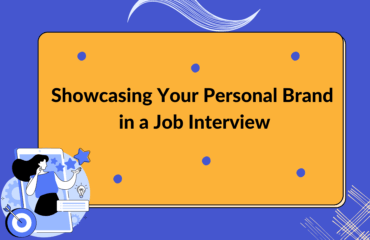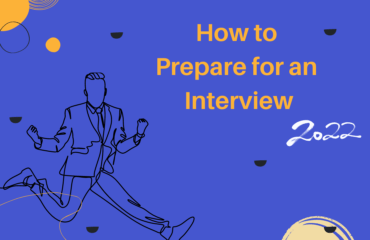Table of Contents
Finally reached the last round of interview for your Top Job? Congratulations! You are one step closer to receiving a job offer. This final phase of the interview process can be exciting, yet daunting. It is your final chance to convince potential employers that you are the perfect fit for the job. If you’re applying for an entry-level or mid-level position, you most likely had one or two interviews prior, or three if you’re applying for senior-level. You have already invested so much of your time preparing for every round of the interview, and now, you want to make sure that all your efforts pay off.
For the final interview, you can expect to be interviewed by the hiring manager or someone from upper management, such as the CEO or vice president. At this stage, your interviewer may check in again on your hard and soft skills and gauge your compatibility with the company culture and values. Additionally, you are most likely being compared against candidates with a similar level of experience and skill expertise. This is a great opportunity to communicate what sets you apart and what you can bring to the table. Like your previous interviews, preparing for your final interview is crucial for your success. So, let’s check out some best practices and tips below to help you ace your final job interview.
1) Get to Know Your Employer
Since you have made it to this stage, we are sure you have done some research on your potential employer. But is it enough? Having an accurate understanding of the company’s products and services, culture, and values is vital to your success. To prepare for your final interview, double down on your research and ensure that you have a comprehensive understanding of what makes you a great fit for the company.
a) Visit the Company’s Website
Begin your research by visiting the company’s website. Go through the company’s Homepage, About Us, and Careers pages to read up on their main business operations, goals, and values. Think about how your career goals and personal values align with theirs. You can also check their internal blog to read up on their latest news and updates. Go the extra mile by studying the investor relations section, focusing on the latest financial and strategic reports. You can talk about these details during your interview and steer the interview in a favorable direction. However, make sure to keep discussions relevant and informative.
Expand your research to the company’s social media pages to see how they present themselves to the public. How do they engage with their audience? What type of content do they share? Their social media can also reveal which products or services they are actively campaigning for. Moreover, you can gauge their industry presence by checking how frequently they participate in industry conversations. All this information can come in handy during the interview, allowing you to demonstrate your knowledge of the company’s current state.
c) Check Employer-Review Sites
Check out employer-review sites to get a glimpse of the company’s work culture narrated by current and former employees of the company. These sites can offer a glimpse into the work environment, the company’s leadership, and the way they treat their employees. However, keep in mind that some of these reviews may be biased and inaccurate. We recommend reading multiple reviews from different sources to get a more comprehensive understanding of the company. A few sites that you can check out are:
2) Understand the Job Role Completely
The job description summarises the job responsibilities, required skills, and preferred qualities. However, it rarely paints the whole picture. Sometimes, there are unwritten expectations that go beyond the job description. For example, the job description for a marketing manager role may only describe responsibilities such as monitoring social media and leading marketing campaigns. However, you may be required to create content, do community engagements, or even appear in video content. Let’s look at some ways to get a better understanding of the job role beyond the job description.
a) Leverage Your Network
Look for someone in your network with a similar role or experience as your target job. They can be your friends, family, or your LinkedIn connections. Ask them what their typical day-to-day looks like. What are the most necessary skills to succeed in the job? What kind of situations do they usually handle? Prepare other questions you may have about your specific job role and ask follow-up questions if needed.
Additionally, you can also try connecting with current or former employees of the company. It is even better if they are working in your target department or are a part of your potential manager’s team. They can give you insights into their internal processes, team dynamics, and workflows.
b) Take Notes from Your Previous Rounds of Interviews
Your previous interviews with the employer may also reveal unique details about the job role within their company. Recollect your previous interviews and other interactions with the employer, and review your notes and any other information you may have collected. They may have mentioned the job goals, purpose, and expectations. These details can be highly insightful and help you understand what they are looking for and how they evaluate candidates.
The more you know about the job role, the better prepared you will be to answer questions and demonstrate your skills. Seek insights from your experienced peers, gather information from insiders, and leverage your interactions with the employer to gain a comprehensive understanding of the role. Armed with this knowledge, you can impress the interviewer.
3) Research the Interviewer
The hiring manager usually has the final say on who gets the job offer. Understanding their communication style, preferences, and values can help you communicate more effectively in a way that resonates with them. You can leverage this understanding to create a stronger connection with the interviewer and stand out amongst other candidates. Do some research on your interviewer to get to know them better.
a) Find their Online Presence (Professionally)
LinkedIn is your go-to platform when researching someone’s professional background. Get a good understanding of their work experiences, education, and interests based on their online interactions. You can also look them up on Google to see if they’ve written any research papers/ blogs or have been featured somewhere for their opinions. Deepen your understanding of the values or organizations they support, the work they have done with other companies, and their educational background.
b) Understand the Interviewer’s Background
Check whether you share anything in common academically or professionally. You may have the same bachelor’s degree or you’re part of the same industry organization. You can share your similar experiences and how it aligns with the job role. Use this information if a relevant question comes up, or practice how you can incorporate these details when answering potential questions.
4) Practice for the Interview
Practice makes perfect. After you have researched all the crucial information about the company, the job role, and the interviewer, the next step in your interview preparation is practicing your approach and your responses to potential questions. This is an important step to help you feel more confident and prepared when you walk into the interview room. It’s also a great way to make sure that your answers are clear, concise, and relevant to the job role. The more you practice, the better prepared you will be for any situation that comes up during the interview process.
a) Anticipate Possible Questions
During the final interview, be prepared to answer new questions that haven’t been asked in the previous stages. These questions will most likely be situational, aimed at assessing your suitability for the job and how your approach aligns with the company. Typically, they begin with phrases like, “What would you do if…”, “How would you respond if…”, and “How would you handle…”. Some examples are:
- How would you convey a complex idea to a client who was already upset?
- What would you do if you knew that the direction provided by your manager was incorrect?
- What would you do if the priorities of a nearly completed project changed abruptly?
- What would you do if you were asked to take on a task you have not done before?
- Imagine an instance in which you are working on a project with tight timelines, and a team member is behind schedule with a critical deliverable. How would you react to the situation?
- How would you manage a client who’s asking an impossible request?
- What would you do if the performance of your subordinate team member fell short of expectations?
- What would you do if you had to make a good impression on a client?
- What if you had to make a challenging decision at work? What steps would you take to make it?
- How would you handle a situation where you had to disagree with your manager?
You may also ask ChatGPT to predict possible questions that are specific to your job role. This will provide you with a good idea of what to expect during the interview, boosting your readiness. Make sure to mention the job description in the prompt for a more tailored response:
Prompt: “I am applying for <job title> at <company name>. I have a background in <mention your key experiences, skills, and background>
Here is the job description <paste job description>.
Could you generate a comprehensive list of common interview questions specific to this role based on my background and the provided job description?”
b) Rehearse Your Responses
Once you have a good idea of the potential questions, you can craft appropriate responses and practice your delivery. You can practice with a friend, seek help from career experts, or use AI tools. Aside from predicting questions, ChatGPT can also suggest appropriate responses that you can use as a guide. Furthermore, you can ask ChatGPT to simulate a mock interview with you, where it acts as an interviewer, guiding you through a back-and-forth dialogue.
Here’s a prompt you can use to start a mock interview:
Prompt: I am <insert name>, and I am appearing for a job interview for the role of a <insert job role> at <insert company name>. Here is the job description <paste job description>
Could you act as an interviewer and ask me questions one by one?
Keep in mind that ChatGPT is not always accurate in predicting questions or suggesting responses. It may lack the affective aspect of a good answer, and it may leave out important details. Use it only as a guide, crafting a clear picture of what makes you qualified and compatible with the employer. This way, even when asked unfamiliar questions, you can bring up a relevant and impactful answer easily.
5) Make an Impact on the Interviewers During the Interview
Your pre-interview preparation will only matter if you know how to utilize it during the actual interview. Remember, both your competence and attitude matter. Whether your final interview is conducted in person or online, follow these practical tips to make a lasting impression during the interview:
- Start the interview with a warm smile and a friendly greeting.
- Be aware of your body language; maintain good posture, make eye contact, and offer a firm handshake (if in person).
- Speak clearly and concisely. Avoid using filler words and moderate the pace of your responses.
- Practice active listening to provide thoughtful and relevant answers.
- Before the interview ends, ask insightful questions about the role, team dynamics, or company.
6) Post-Interview Tips to Leave a Lasting Impression
After the interview, we recommend sending a thank you email to express your gratitude for the opportunity and reiterate your interest in the position. Express your enthusiasm for joining a company that shares similar values and career goals. This shows your future employers that you are committed to the position, boosting your chances of landing the job.
Be patient and wait for a response for about 1-2 weeks. If you’re applying for a senior role, or at a large company, it may take them a longer time to make a decision. You can send a follow-up message asking for the status of your application. State your intentions clearly and politely, include a message of appreciation, and reiterate why you are a good fit for the role. A follow-up email is a great opportunity to connect with them once more, showing that this position matters to you.
If you’ve made it to the final interview, congratulate yourself! You most likely have done a great deal of preparation and research to make it to this stage. Your final interview is your last opportunity to secure the job, so make sure to give it your best. Take your interview preparation seriously, so that when your final interview comes, you can just breeze through it. At CareerHigher, our team of career experts can help you with interview preparation, guiding you through every step of the way. We aim to help you become more confident, securing the top job that aligns with your career goals and needs.

